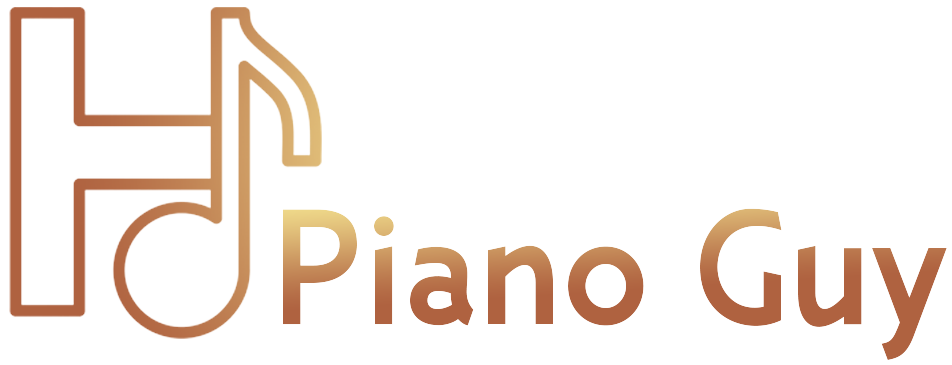Western Piano Classes - LIVE
- One-on-one classes
- Learn at any age
- Lessons by professional musicians
- Structured & standardised syllabus
- Flexible timings
- Student showcase
- Specialised Training
Learn the basics of the piano...
From posture to left & right hand fingering & movement, scales to songs with the most trusted experts
You are welcome to talk to a Riyaz expert before you start learning the piano. Create a learning journey that works best for you!

